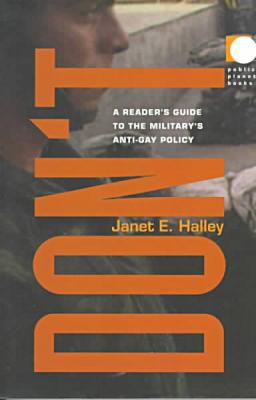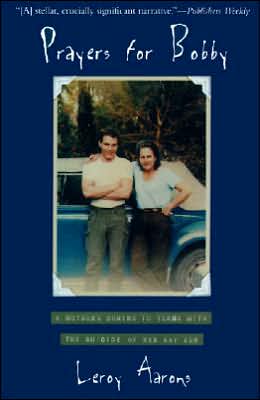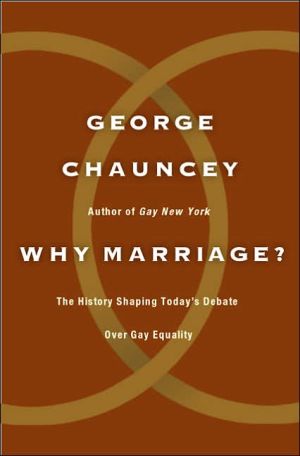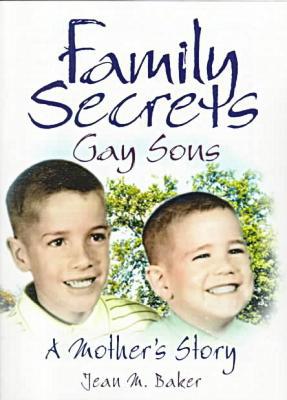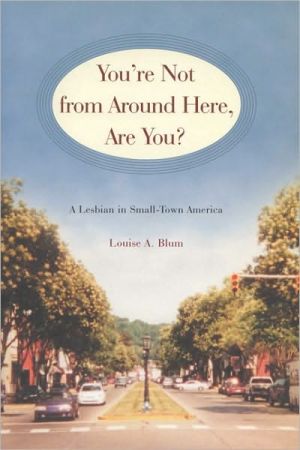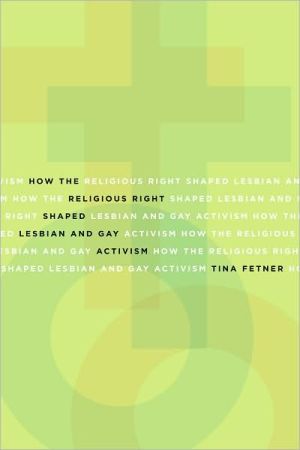Don't: A Reader's Guide to the Military's Anti-Gay Policy
In Don’t Janet E. Halley explains how the military's new anti-gay policy is fundamentally misdescribed by its common nickname, “Don't Ask/Don't Tell.” This ubiquitous phrase, she points out, implies that it discharges servicemembers not for who they are, but for what they do. It insinuates that, as long as military personnel keep quiet about their homosexual orientation and desist from “homosexual conduct,” no one will try to pry them out of their closets and all will be well.\ Not so,...
Search in google:
Describes the origins and development of the military’s “Don’t Ask, Don’t Tell” policy and analyzes its assumptions and implications. The New Republic - Cass R. Sunstein This is a clear, careful, and illuminating account of the various shifts in the substance of the policy, and of who lost (mostly gay rights advocates and Clinton) and who gained (mostly supporters of the old policy).
AcknowledgmentsIntroduction11The Negotiations and the Players192Clinton Is to Conduct as Congress Is to Status273But Everyone Agrees on the Propensity Clauses57Conclusion125Notes133Bibliography141
\ From the Publisher“For more than a decade, Janet E. Halley’s groundbreaking work in queer legal theory has made hers a central voice in law and sexuality studies. For anyone interested in understanding the rhetorical battlefield of the U.S. military’s anti-gay policies, Don’t is a must.”—Kendall Thomas, Columbia University School of Law\ “Janet Halley's extraordinary book shows us how political analysis, linguistic reading, and legal strategy and philosophy can work together at their best. She has stunned and moved her readers time and again by challenging the apparent oppositions that inform tactical thinking in lesbian and gay legal studies. Hers is a vision complex, learned, practical, brilliant, inspiring, and radical. Don’t is something everyone must do!”—Judith Butler, Maxine Elliot Professor, University of California at Berkeley\ \ \ \ \ \ Cass R. SunsteinThis is a clear, careful, and illuminating account of the various shifts in the substance of the policy, and of who lost (mostly gay rights advocates and Clinton) and who gained (mostly supporters of the old policy).\ — The New Republic\ \ \ Cass R. SunsteinThis is a clear, careful, and illuminating account of the various shifts in the substance of the policy, and of who lost (mostly gay rights advocates and Clinton) and who gained (mostly supporters of the old policy).\ — The New Republic\ \ \ \ \ Cass R. SunsteinWhat accounts for the shift from the old policy to the new one, and then to the new statute? What is the meaning of this shift? Janet Halley attempts to answer these questions not on the basis of interviews or conventional investigative techniques, but with close readings of the new policy and law, and with an exhaustive examination of the public record hearings, press conferences, speeches, congressional debates. Halley thinks that this system is 'much, much worse than its predecessor'. . . . One of Halley's most interesting discussions involves the post 1993 emphasis on [the] idea of 'propensity,' a genuine innovation, not to be found in any predecessor and provision. \ — The New Republic\ \ \ \ \ The Boston Book ReviewThis, the penultimate year of the Clinton administration, may be a good time to review some of his so-called achievements, among them the attempt to lift the ban on gays in the military. And Janet Halley's Don't is a great place to start. . . . The outstanding contribution of Don't is its review of how the language of policy led to such disastrous results. . . . Halley makes her intricate and thoughtful argument memorable through several key phrases: the conduct/status distinction, the queen-for-a-day defense, and the two models of propensity-the actuarial and the psychometric. Like great pamphleteers before her, these phrases help fix the argument in readers' minds without detracting from the analysis. . . . Offering suggestions . . . takes this book beyond most polemics: it can be useful.\ \ \ \ \ Julia RichesThis is a dense, thought-provoking little book, certainly worth looking at for anyone interested in the legal and political aspects of the issue of gays in the military. Ultimately, her analysis suggests, political and intellectual bad faith have resulted in an unconstitutional policy that exposes all military personnel (not just homosexuals) to intense scrutiny and restricts both their speech and acts.\ \
